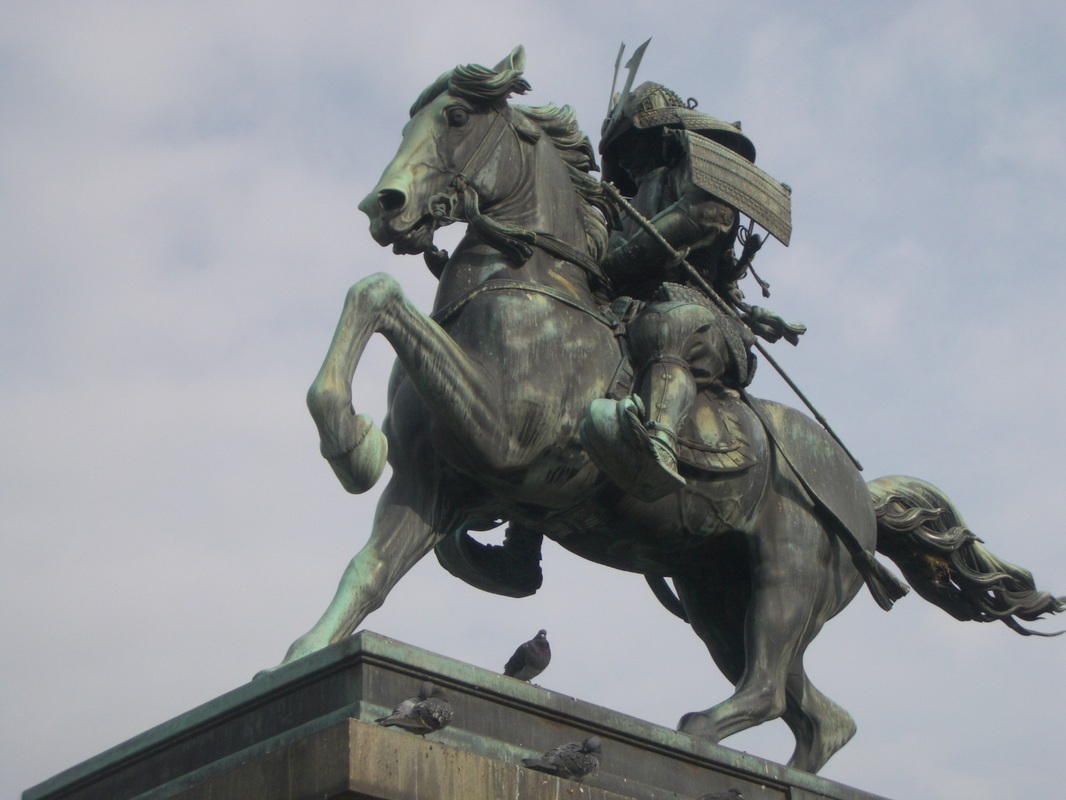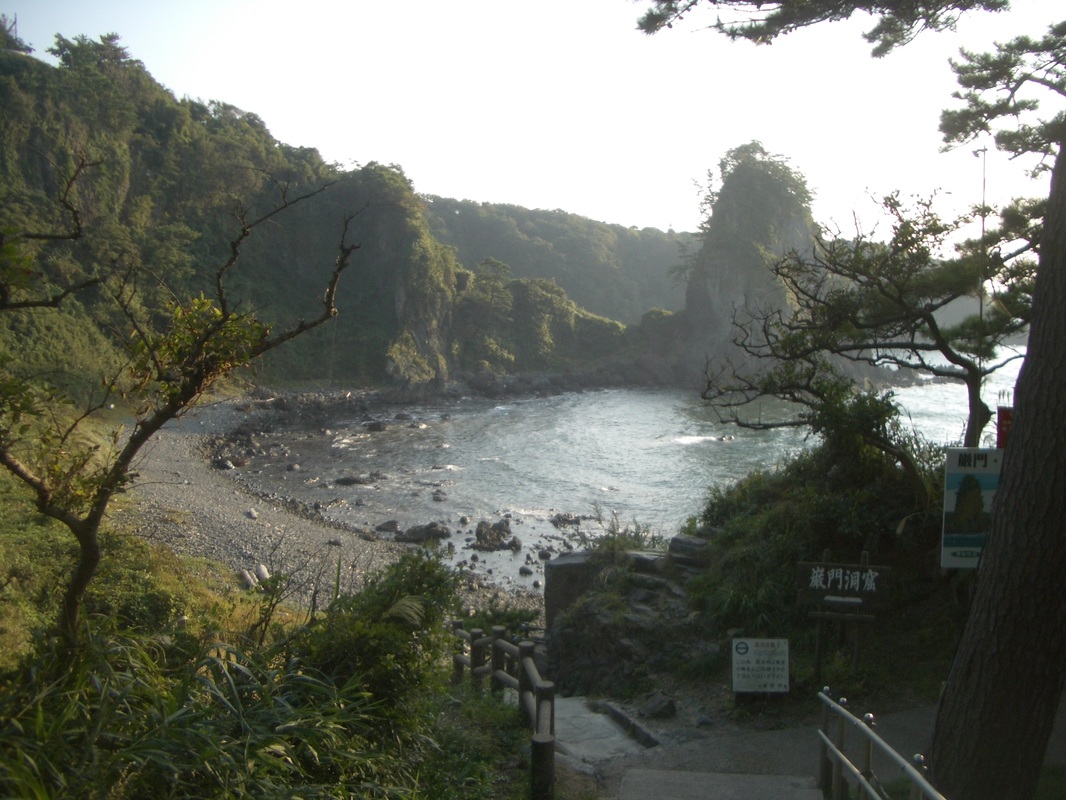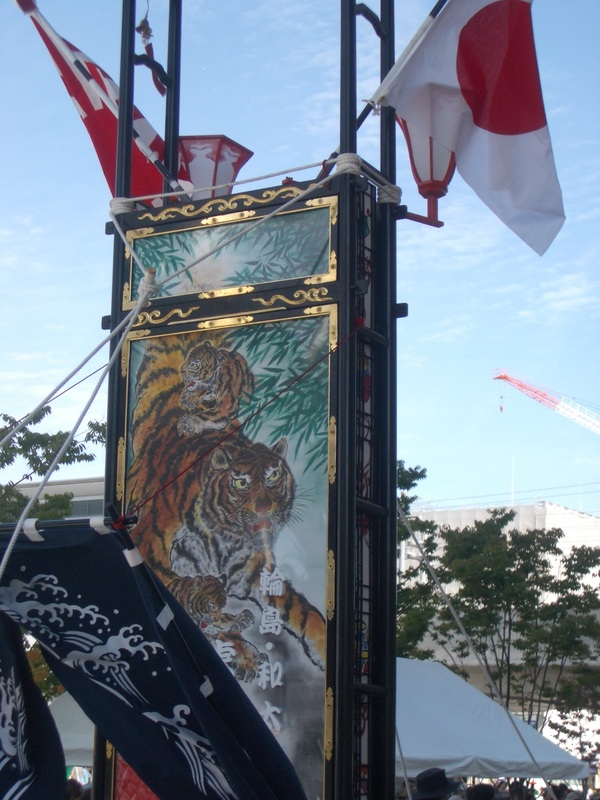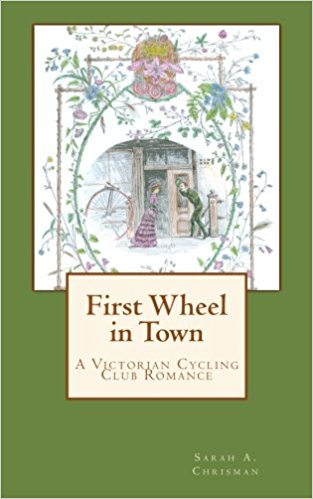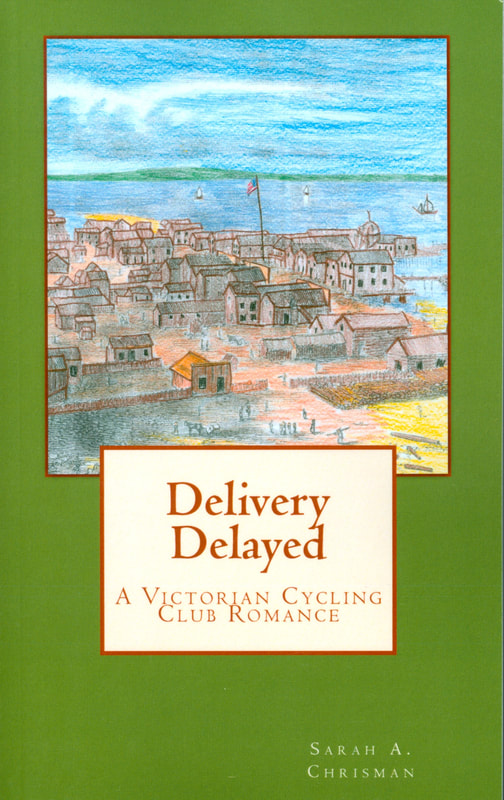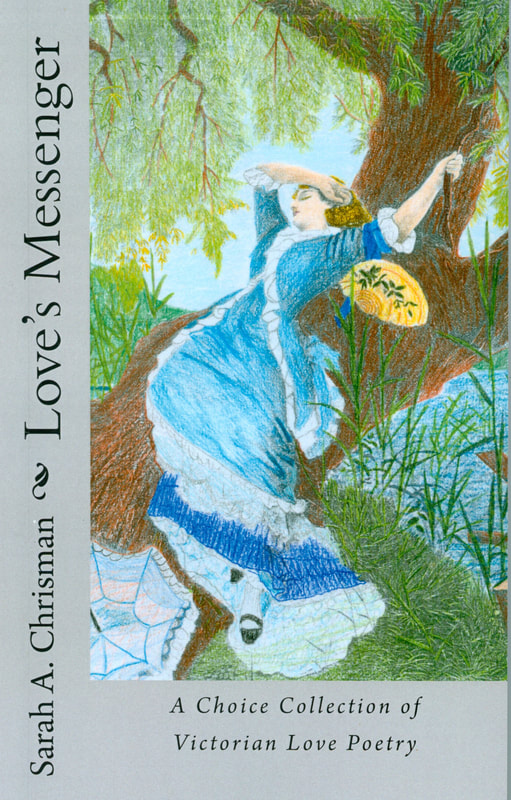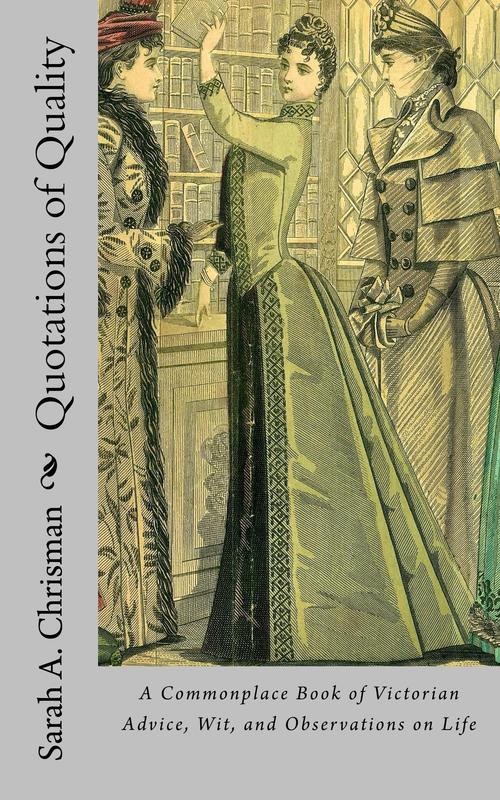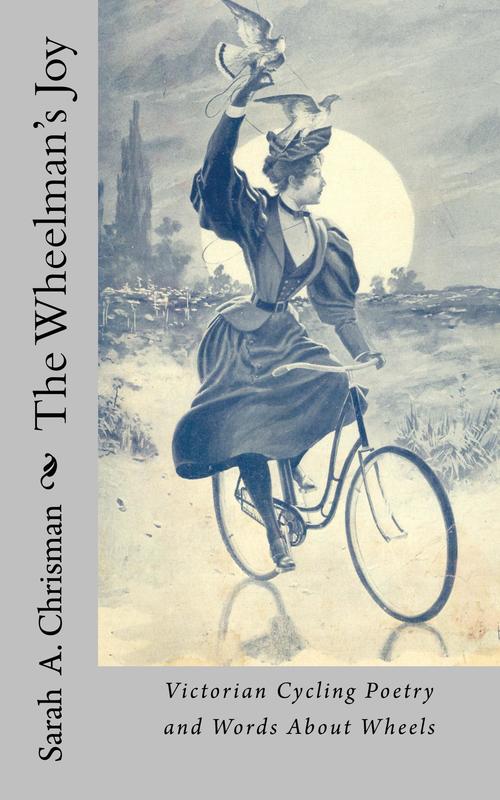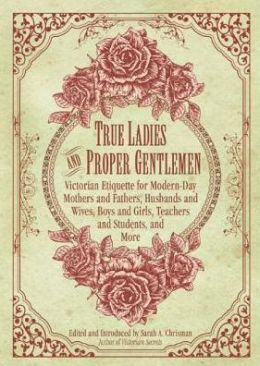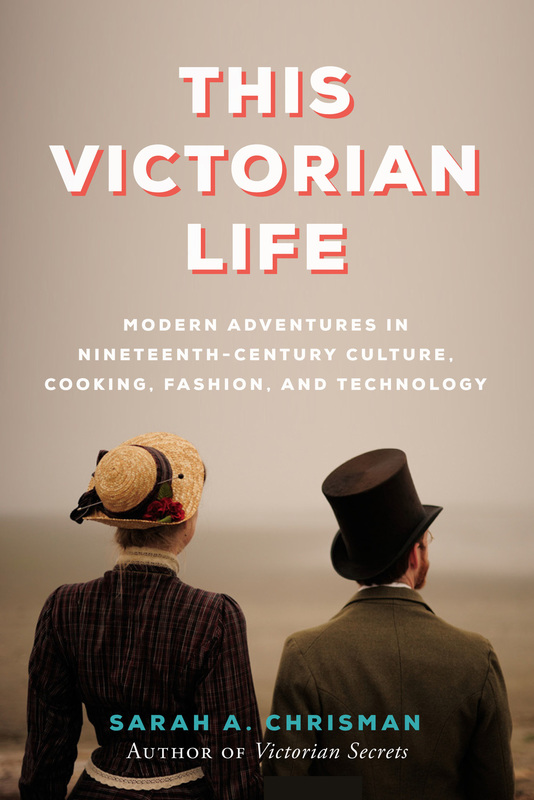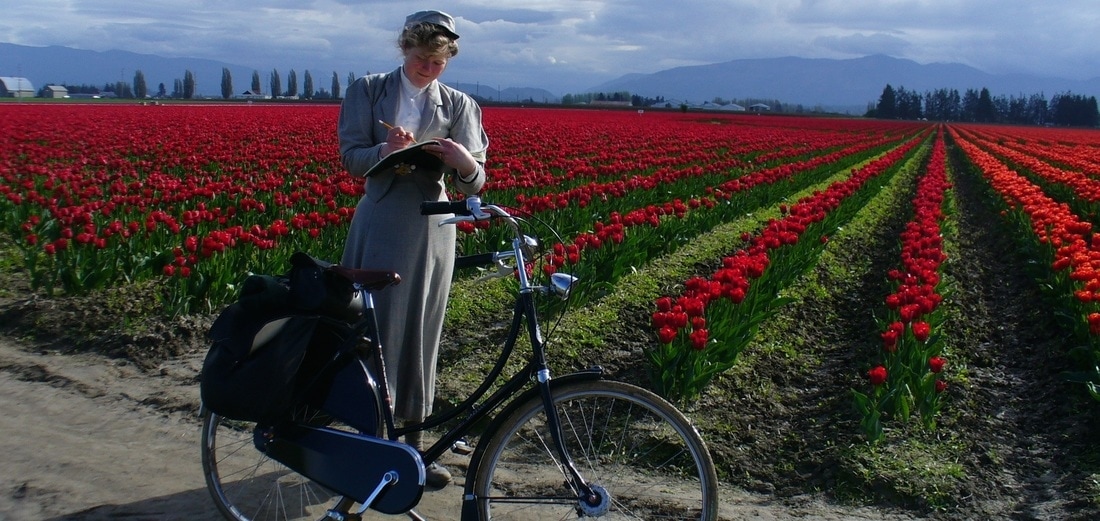Maintaining this website and transcribing articles like this one (which you are enjoying for free!) takes a lot of time and resources.
Please show your support for all our hard work by telling your friends about Sarah's books —and by buying them yourself, too, of course!
Historical Article
The Land of the Gods
Excerpted from the novel The Kingdom of Slender Swords
By Hallie Ermine Rives
New York: Grossett & Dunlap, 1910, pp. 27-41.
In the first touch of the shore, where the Ambassador’s pretty daughter waited, Barbara’s problem had been swept away. Patricia had rushed to meet her, embraced her, with a moist, ecstatic kiss on her cheek, rescued the bishop from his ordeal of hand-shaking and carried him off to find their trunks, leaving Barbara borne down by a Babel of sound and scent whose newness made her breathless, and to whose manifold sensations she was as keenly alive as a photographic plate to color.
A half-dozen gnarled, unshaven porters in excessively shabby jackets and straw sandals carried her hand-baggage into the hideously modern, red-brick custom-house, over whose entrance a huge golden conventionalized chrysanthemum shone in the sunlight, and as she watched them, a dapper youth in European dress, with a shining brown derby, a bright purple neck-tie, a silver-mounted cane and teeth eloquent of gold bridge-work, slid into her hand a card whose type proclaimed that Mr. Y. Nakajima “did the guiding for foreign ladies and gentlemans.” The air was fragrant with the mild aroma from tiny Japanese pipes and a-flutter with moving fans. A group of elderly men in hot frock-coats and tiles [sic] of not too modern vintage were welcoming a returning official, and sedate gentlemen in sad-colored houri and spotless cleft foot-wear, bowed double in stately ceremonial, with the sucking-in of breath which in the old-fashioned Japanese etiquette means “respectful awe bordering on terror.”
Barbara had found herself singularly conscious of a feeling of universal good-nature. It came to her even in the posture of the resting coolies, stretched at the side of the quay, lazily sunning themselves, with whiffs of the omnipresent little pipe, and in the faces of the bare-legged rick’sha men, with round hats like bobbing mushrooms, arms and chests glistening with sweat, and thin towels printed in black and blue designs tucked in their girdles. She smiled at them, and they smiled back at her with that unvarying smile which the Japanese of every caste wears to wedding and to funeral. She even caught herself patting the tonsured head of a preternaturally solemn baby swaddled in a variegated kimono strapped to the back of a five-year-old boy.
The rick’sha ride to the stenshun (for so the Japanese had adapted the English word “station”) was a moving panorama of strange high lights and shades, of savory odors from bake-ovens, of open shop-fronts hung with gaudy figured crape, or piled with saffron biwa, warty purple melons, ebony eggplant, shriveled yellow peppers and red Hokkaido apples, of weighted carts drawn by chanting half-naked coolies, and swiftly gliding victorias of Europeans. From a hundred houses in the long, narrow streets hung huge gilded sign-boards, painted with idiographs of black and red. At intervals the tall stone front of a foreign business building looked down on its neighbors, or a tea-house towered three stories high, showing gay little verandas on which stood pots of flowers and dwarf trees; between were smaller houses of frame and of cement, and thick-walled go-downs for storing goods against fire.
Here and there, from behind a gateway of unpainted wood, showing a delicate grain, a pine thrust up its needled clump of green, or a cherry-tree flung its pink pyrotechnics against the sky’s flood of dimming blue and gold. At a crossing a deformed beggar with distorted face and the featureless look of a leper, waved a crutch and wheedled from the roadside, and a child in dun-colored rags, unbelievably agile and dirty, ran ahead of Barbara’s rick’sha, prostrating himself again and again in the dust, holding out grimy hands and whining for a sen. In the side streets Barbara could catch glimpses of bare-breasted women sitting in shop doors nursing babies, and children of a larger growth playing Japanese hop-scotch or tossing “diavolo,” the latest foreign toy.
When the rick’sha set them down at the station she felt bewildered, yet full of exhiliration. As they drew up at its stone front, a porter with red cap and brass buttons emerged and began to ring a heavy bell, swinging it back and forth in both hands. The bishop bought their tickets at a little barred window bearing over it the sign: “Your baggages will be sent freely in every direction.”
Making their way along the platform, crowded with Japanese, mostly in native dress, and filled with the aroma of cigarettes and the thin ringing of innumerable wooden clogs on stone flags, Barbara was conscious for the first time of a studious surveillance. A young Japanese passed her carrying his bent and wizened mother on his back; the old woman, clutching him tightly about the neck, turned her shaven head to watch. Children in startling rainbow tinted kimono stared from the plateform with round, serious eyes. A peasant woman, with teeth brilliantly blackened, peered from a car window, and a group of young men turned bodily and regarded her with gravely observant gaze, in a prolonged, unwinking scrutiny that seemed as innocent of courtesy as of any attempt to offend. In European cities she had felt the gaze of other races, but this was different. It was not the curious study of a phenomenon, of an enduring puzzle of far origin, nor the expression of the ignorant, vacantly amused by what they do not understand; it was a deeper look of inner placidity, that held no wonder and no awe, and somehow suggested thoughts as ancient as the world. A curious sense began to posses Barbara of having left behind her all her familiar every-day things, of being face to face with some new wonder, some brooding mystery which she could not grasp.
They entered the car just behind an ample lady who had been among the ship’s passengers - a good-natured, voluble Cook’s tourist who, the second day out, had confided to Barbara her certainty of an invitation to the Imperial Cherry-Blossom party, as her husband had “a friend in the litigation.” She wore a painted-muslin, and the husband of influential acquaintance and substantial, red-beareded person showed now a gleaming expanse of white waistcoat crossed by a gold watch-chain that might have restrained a tiger. The lady nodded and smiled beamingly.
“Isn’t it all perfectly splendid!” she cried. “There was a baby on the platform that was too sweet! - for all the world like the Japanese dolls we buy at home, with their hair shingled and a little round spot shaved right in the crown! My husband tried to give it a silver dollar, but the mother just smiled and bowed and went away and left it in lying on the bench.” She found a seat and fanned herself vigorously with a handkerchief. “I just thought I never would get through that car door,” she added. “It’s only two feet across!”
The road was narrow gage and the seats ran the length of the car on either side. Hardly had its occupants settled themselves when, to the shrill piping of a horn, the train started.
“Goodness, this is a relief!” sighed Patricia, as the bishop opened the first Japanese newspaper he had seen for many months. “I hate rick’sha - they’re such unsociable things! I haven’t said ten words to you, Barbara, and I’ve got oceans to talk about. But I’ll be merciful till I get you home. What a good-looking youth that is in the corner!”
The young man referred to had a light skin and long, almond-shaped eyes. He wore a suit of gray merino underwear, and between the end of the drawers and the white, cleft sock, an inch of polished skin was visible. His hat was a modish felt. His houri, which bore a woven crest on breast and sleeves, swung jauntily open and above his left ear was coquettishly disposed an unlighted cigarette. Next him, under a brass rack piled with bright-patterned carpet-bags, an old lady in dove-colored silk was placidly inflating a rubber air-cushion. Her face had an artificial delicacy of nuance that was a triumph of rice-powder and rouge. Beside her was a girl of perhaps eighteen, in a kimono of dark blue and an obi of gold brocade. The latter wore white silk “mitts” with bright metal trimming and on one slender finger was a diamond ring. Her hands were delicately artistic and expressive, and her complexion was as soft as the white wing of a miller. She gazed steadfastly away, but now and then her sloe-back eyes returned to study Barbara’s foreign gown and hat with surreptitious attention.
“What complexions!” whispered Patricia. “The old lady made hers this morning, sitting flat on a white mat in front of a camphor-wood dressing-chest about two feet high, with twenty drawers and a round steel mirror on top. It beats a hare’s-foot, doesn’t it! The daughter’s is natural. If I had been born with skin like that, it would have changed my whole disposition!”
Having settled her air-cushion, the old lady drew from her girdle a lacquer case and produced a pipe - a thin reed with a tiny silver bowl at its end. A flat box yielded a pinch of tobacco as fine as snuff. This she rolled between her fingers into a ball the size of a small pea, placed it carefully in the bowl and began to smoke. Each puff she inhaled with a lingering inspiration and emitted it slowly, in a thin curdled cloud, from her nostrils. Three puffs, and the tiny coal was exhausted. She tapped the pipe gently against the edge of the seat, put it back into the case and replaced the latter in her girdle. Then, tucking up her feet under her on the plush seat, she turned her back to the aisle and went to sleep.
Three students in the uniform of some lower school with foreign jackets of blue-black cloth set off with brass buttons, sat in a row on the opposite side. Each had a cap like a cadet’s, with a gilded cherry-blossom on its front, and all watched Barbara movelessly. The man nearest her wore a round straw hat and horn spectacles. He was reading a vernacular newspaper, intoning under his breath with a monotonous sing-song, like the humming of a bumblebee. Between them a little boy sat on the edge of the seat, his clogs hanging from the thong between his bare toes, the sleeves of his kimono bulging with bundles. He stared as if hypnotized at a curl of Barbara’s bronze hair which lay against the cushion. Once he stretched out a hand furtively to touch it, but drew it back hastily.
“If I could only talk to him!” Barbara exclaimed. “I want to know the language. Tell me, Patsy - how long did it take you to learn?”
“I?” cried Patricia in comical amazement. “Heavens and earth, I haven’t learned it! I only know enough to badger the servants. You have to turn yourself inside out to think Japanese, and then stand on your head to talk it.”
“Never mind, Barbara,” said the bishop, looking up from his newspaper. “You can learn it if you insist upon it. Haru would be a capital teacher - bless my soul, I believe I forgot to tell you about her!”
“Who is Haru?” asked Barbara.
“She’s a young Japanese girl, the daughter of the old samurai who sold us the land for the Chapel. The family is a fine old one, but of frayed fortune. I was greatly interested in her, chiefly, perhaps, because she is a Christian. She became so with her father’s consent, though he is a Buddhist. She isn’t of the servant class, of course, but I thought - if you liked - she would make an ideal companion for you while you are learning Tokyo.”
“I know Haru,” said Patricia. She’s a dear! She’s as pretty as a picture, and her English is too quaint!”
“It would be lovely to have her,” Barbara answered. “You’re a very thoughtful man, Uncle Arthur. Are you sure she’ll want to?”
“I’ll send her a note and ask her to come to you at the Embassy this evening. Then - all aboard for the Japanese lessons!”
“No such wisdom for me, thank you,” said Patricia. “I prefer to take mine in through the pores. All the Japanese officials speak English anyway, just as much as the diplomatic corps. By the way, there’s Count Voynich, the Servian Chargé.” She nodded toward the farther end of the carriage where a bored-looking European plaintively regarded the landscape through a monocle. “He’s nice,” she added reflectively, “but he’s a dyspeptic. I caught him one night at dinner dropping a capsule into his soup. He has a cabinet with three hundred Japanese nets’kés - they’re the little ivory carvings on the strings of tobacco-pouches. He didn’t speak to me for a month once because I said it looked like a dental exhibition. Almost every secretary has a fad, and that’s his. Ours has an aëroplane. He practices on it nearly every day on the parade-ground. The pudgy woman in the other corner with a cockaboo [sic] in her hat is Mrs. Sturgis, the wife of the big exporter. She wears red French heels and calls her husband ‘papa.’”
Barbara’s laughter was infectious. It caught the bishop. It reflected itself even on the demure face of the Japanese girl, and the serious youths opposite giggled openly in sympathy.
“I do envy your first impressions!” exclaimed Patricia. “I’ve been here so long that I’ve forgotten mine. It seems perfectly natural now for people to live in houses made of bird-cages and paper napkins, and travel about in grown-up baby-buggies, and to see men walking around with bare legs and oil-skin umbrellas. It’s like the sea-shore at home, I suppose - you get used to it.”
The train had stopped at a suburb and guards went by proclaiming its name in a musical guttural, their voices dwelling insistently on the long-drawn, last syllable. The next carriage was a third-class one with bare floors and wooden benches, set cross-wise. Through the opened door Barbara could see its crowd of brown faces, keen and saturnine. On its front seat a heavy-featured, lumpish coolie woman was nursing a three-year-old baby, holding it to her bared breast with red and roughened hands. Just outside the station’s white-washed fence, a clump of factory chimneys spouted pitchy smoke into the dimming sky, and the descending sun glistened from a monster gas-tank. Farther away, beyond clipped hedges, lay thatched roofs, looking as soft as mole-skin, with wild flowers growing on the ridges, and bamboo clumps soaring above them, like pale green ostrich-feathers yellow at the tips. Through the open window came the treble note of a girl singing.
A man passed hastily through the carriage leaving a trail of small pamphlets bound in green paper with gold lettering - an advertisement of a health resort, printed in English for the tourist. Barbara opened one curiously. She looked up with a merry eye.
“Here’s a paragraph for you, Uncle Arthur,” she said. “Listen:
“ ‘This place has other modern monuments, first and second-class hotels and many sea-scapes. In one quarter are a number of missionaries, but they can easily be avoided.’”
“Do let us credit that to the difficulties of the language,” he protested. “I’m sure that must have been meant complimentarily.”
“But what a contradiction!” put in Barbara wickedly.
“Well,” he retorted. “My baker has a sign on his wagon, ‘The biggest loafer in Tokyo.’ He means that well, too.”
A shrill whistle, a slamming of doors, and now the gray roofs fell away. On one side the steel road all but dipped in the bay. Wild ducks drew startled wakes across the rippleless lagoon. On a sand-bar a flock of gray and white gulls disported, looking at a distance like pied bathers; and about an anchored fishing boat, a dozen naked urchins were splashing with shrill cries. Far across the inlet, hazy, vapory, visionary, Barbara could make out a farther shore, an outline in violets and opalines, coifed with lilac-cloud, and in the mid-azure a high-pooped junk swam by, a shape of misty gold, palely drawn in wan, blue light.
On the other side the train was rounding grassy hills, terraced to the very tops. Laid against their steep sides, or standing upright on wooden framework, were occasional huge advertisements in red or white - Chinese characters or pictures - while flowering camilia trees and small green-yellow shrubs drew lengthening blue shadows. A high trellis made a carpet of growing fruit, across which Barbara saw far away the bold outline of bluish hills.
They were crossing flooded rice-fields now, like gigantic crazy checker-boards, and the air was musical with the low, chirring chorus of frogs. Shades of orange light played over the marshes, bars of rape braided them with vivid yellow, and on the narrow, curving partitions between the burnished squares, round stacks of garnered straw stood like crawfish chimneys. Amid them peasants worked with broad-bladed mattocks, knee-deep in mud. They were blue-clad, with white cloths bound about their heads, and some had sashes of crimson. Here and there, naked to the thighs, a boy trod a water-wheel between the terraced levels. At intervals a refractory rock-hillock served as an excuse for a single twisted shrine of unpainted wood; and all along the way, shining canals drew silver ribbons through the paddy-fields, and little arrowy flights of birds darted hither and thither.
Occasionally they passed small, neat stations, each with its white sign-boards bearing long liquid names in English, and queer Japanese characters. Opposite one, on a sloping hill that was a mass of deep glowing green, Patricia pointed out the peaked roofs of a cluster of temples, the shrine of some century-dead Buddhist saint. Barbara began to realize that these fields through which this modern train was gliding were old Japan, that in those blue hills had been nurtured the ancient legends she had read, of famous two-sworded samurai, of swaggering bandits and pleasure-loving shogun, and of tea-house geisha who danced their way into daimyo’s palaces. The spell of the land, whose sheer beauty had thrilled her on the ship, drew her closer with the threads of memories almost forgotten.
Its contrasts were wonderful. They spoke of primary and unmixed emotions, that lisped themselves through the fading golden sunlight, the moist, dreamy air, the graceful outlines of roof and tree. In the west the sun was declining toward a range of hills jagged as the teeth of a bear. Their tops were pale as cloud and their bases melted into an ebony line of forest. The plain below was a winey purple, with slashes of red earth gorges like fresh wounds, and one side had the cloudy color of raspberries crushed in curdled milk. The farther range seemed a part of a far-off painted curtain, tinted in pastelles, and high above a milky cloud floated, curling like a lace scarf about the opal crest of Fuji, mysteriously blue and dim as an Arctic summer sea.
Barbara glimpsed it, the very spirit of beauty, between the whirling shadows of pine and camphor trees, between tiled walls guarding thatched temples, flights of gray pigeons and spurts of pink cherry-blossom. As she leaned out, and the pines bowed rythmically, and the water-wheels turned in the furrows, and the yellow-green of the bamboo, the purple-indigo of the hills and the golden-pink of the cherries lifting, above the hedges, went by like raveling skeins of a tapestry - that majestic Presence, ghostly and splendid above the wild contour of hill and mountain, seemed to call to her.
And across the gorgeous landscape, rejoicing from every rift and crevice of its moist soil, in its colors of rich red earth and green foliage, in the grace and vigor of its springing, resilient bamboo groves and the cardinal pride of its flowering camilias, Barbara’s heart answered the call.
If you liked this piece, you might also enjoy these:
Home Fashions and Fancies—Japanese influenced (1889)
Housekeeping in Foreign Lands: A Japanese Home (1888)
Japanese Folk Lore (1889)
Back to Historical Articles Index
***
In a seaport town in the late 19th-century Pacific Northwest, a group of friends find themselves drawn together —by chance, by love, and by the marvelous changes their world is undergoing. In the process, they learn that the family we choose can be just as important as the ones we're born into. Join their adventures in
The Tales of Chetzemoka
To read about the exhaustive research that goes into each book, click on their "Learn More" buttons!
Wordcraft Collections
***
For words of wit and advice sage,
I hope you'll like my author page!
History lessons, folks who dare,
Please do share it while you're there!
https://www.facebook.com/ThisVictorianLife
Thank you!
***
If our website has been helpful to you,
please consider making a cash donation.
Your generous support
helps us maintain this website and continue our outreach, so that we can keep teaching others about the history we love.
Everything helps and is appreciated!
Search this website:
***
